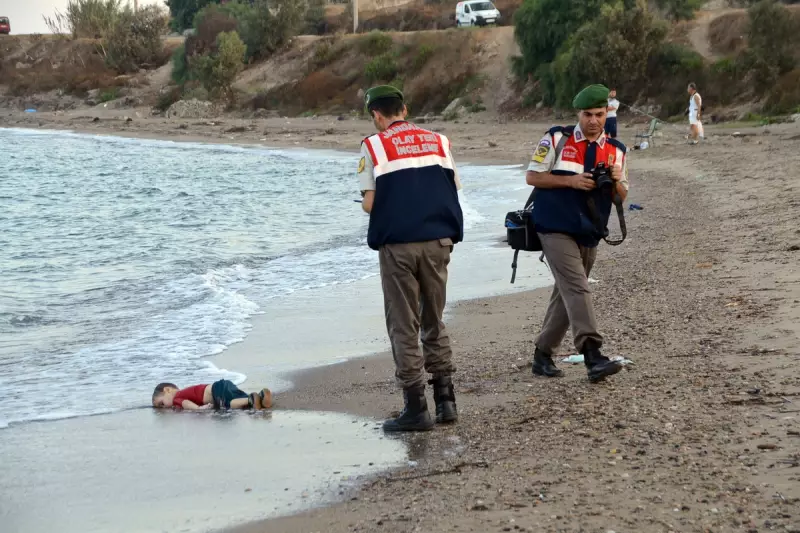
Nine years have passed, yet the haunting image of three-year-old Aylan Kurdi, lying lifeless on a Turkish beach, remains seared into the world's collective conscience. This single photograph did what years of political debate had failed to do: it humanised the immense scale of the Syrian refugee crisis.
The young boy, along with his mother and brother, became a tragic symbol of the desperate lengths families will go to escape conflict and seek safety. Their story is a permanent stain on the international community's response to asylum seekers.
The Legacy of a Photograph
For a brief moment, the image of Aylan cut through the political rhetoric and statistics. It sparked a global outpouring of grief and a rare moment of self-reflection in Western capitals. Donations to humanitarian charities spiked, and public pressure forced world leaders to, at least temporarily, re-evaluate their stance on immigration.
But as the editorial argues, this momentum was tragically short-lived. The initial shock gave way to a hardening of borders and a resurgence of anti-immigration sentiment across Europe and North America. The promise of a more compassionate approach to asylum was largely unfulfilled.
A Continued Failure of Policy
Today, the central issues remain unresolved. Dangerous Channel crossings continue, and the political discourse around immigration has often grown more toxic and divisive. The lesson of Aylan Kurdi—that behind every statistic is a human being fleeing unimaginable horror—risks being forgotten.
The international community's response is still defined by fortress-like policies rather than a shared, humane responsibility. The editorial posits that we have, in many ways, learned nothing from this devastating loss.
A Permanent Symbol of Human Cost
Aylan Kurdi's story transcends the news cycle. It serves as an enduring reminder of the brutal consequences of war and the failure of political will. His memory challenges us to reject indifference and to demand a world where children are not forced to undertake perilous journeys in search of safety.
To honour his memory is to advocate for policies that prioritise compassion over containment, and human dignity over political point-scoring. The responsibility to create a safer, more just world for refugees remains as urgent today as it was nine years ago.





